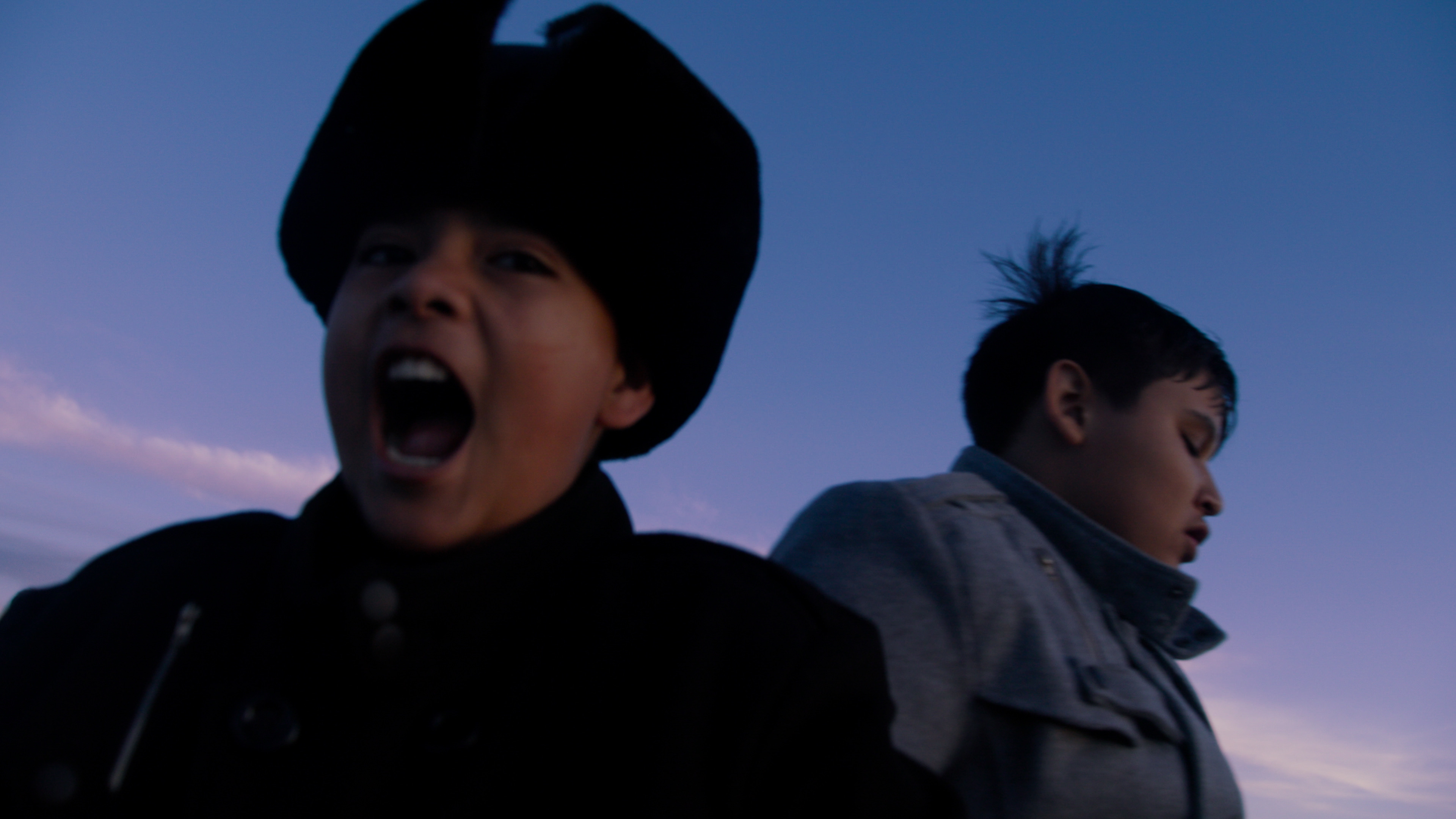
How to Get a Film Accepted
This is the final blog in a three-part series about film festival submission by Emily Long, Mountainfilm in Telluride’s Program Director. (Read the rest of the series: part one, Making a Film is Only Half the Battle, or part two, The Secrets of Film Festival Selection.) Hopefully, these blogs will help filmmakers understand this sometimes-confusing world because Mountainfilm is now accepting entries for our 35th festival, held May 24-27 in Telluride, Colorado. (Submit your film or learn more.)
In the first part of this series, I rattled off the factors that go into our decision-making process when we’re accepting films at Mountainfilm. Since that post was published, a filmmaker friend suggested that I tackle the topic of “ideal running time” for a festival submission; another asked if it makes a difference if a film is already streaming online. Good questions, so I’m devoting this blog to discuss what it takes to make the cut.
No single characteristic or quality guarantees that a film will get into a festival, but the following list attempts to shine a light on how to improve your odds:
1) Storytelling: Is your film engaging? Is there a purpose behind it? Does it inspire your audience or make them think about something in a new way? If you don’t know the answer to these questions (and they don’t all have to be yes), look at your basic story structure. Lack of conflict and resolution often leads to a snoozer.
2) Filmmaking quality: If you don’t have the newest 80-billion megapixel camera and a crew, don’t fret. Some of our favorite documentaries were shot in simple low def by fledgling cinematographers. Filmmaking quality is important, but it can’t replace or obscure the story. It’s not the quality of the footage that counts, it’s how you use it. (Yes, I went there).
3) Film duration: In an email exchange earlier this week, a filmmaker wrote to me, “There’s no such thing as a documentary film that is too short.” That might sound flippant, but there’s some truth in those words. At Mountainfilm, the longer the film, the lower your odds of acceptance — something that I believe is true at many festivals. Some filmmakers “version” their film by making cuts at several lengths, which provides options for a festival. The best advice I can offer is: Tell your story succinctly and leave the audience wanting more, instead of wishing for less. If you have told the whole story, you have likely told too much.
4) Relationships and filmmaker availability: One of the best and most enduring reasons film festivals exist is to create an open and immediate dialogue between the audience, filmmakers and film subjects. We sometimes give conditional acceptance to the festival: For example, we’ll accept your film if your main character can come. Creating an event out of a screening is what we do, so if possible, ensure that you and your film subjects are available for festival screenings.
5) Subject matter: Make sure your topic is unique and that you are telling your story in a way that only you can tell it. At Mountainfilm, we usually see about five films submitted each year about climbing Kilimanjaro for a cause. But in the past five years, we’ve screened only one on that topic (Nico’s Challenge in 2010). Before making a film, see if it’s already been made. If it has, your version needs to be much better or radically different from the others.
6) Film exposure: Some festivals require that your film be a premiere of some type. Most festivals will only look at films released in the past year or two (unless it’s for a retrospective or topic-specific program). Additionally, if your film is already available via online streaming, it may be out of the running completely. At Mountainfilm, we don’t have any hard and fast rules about how much or little exposure a film has received, but we do take these factors into consideration. Ultimately, we want fresh material for our audience.
7) Esoteric or artistic qualities: Mountainfilm is a genre festival, although our range of topics — adventure, environment and culture — is broad. Nonetheless, we still get submissions that are not a good match. Research a festival before you submit. If you have any doubts, there’s no harm in contacting the festival to ask if your film is appropriate, but first make sure that the answer isn’t already on their website.
Beyond all, there is something I can’t explain, that magical moment when we see a film and know “this is it.” As with most things in life, getting into a festival is a combination of hard work and luck, but I hope this series helps make some of the obscure inner-workings of festival programming less mysterious.


